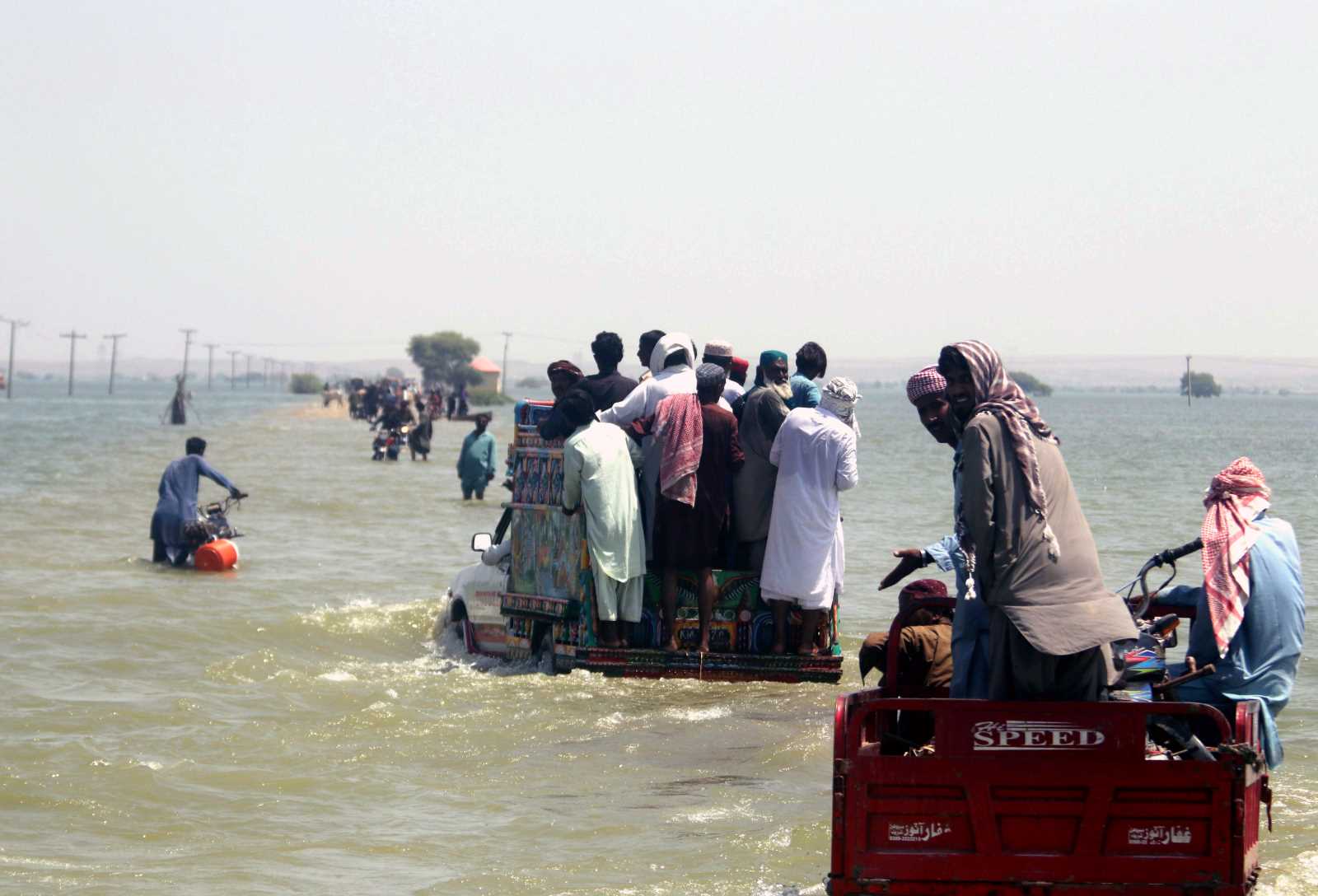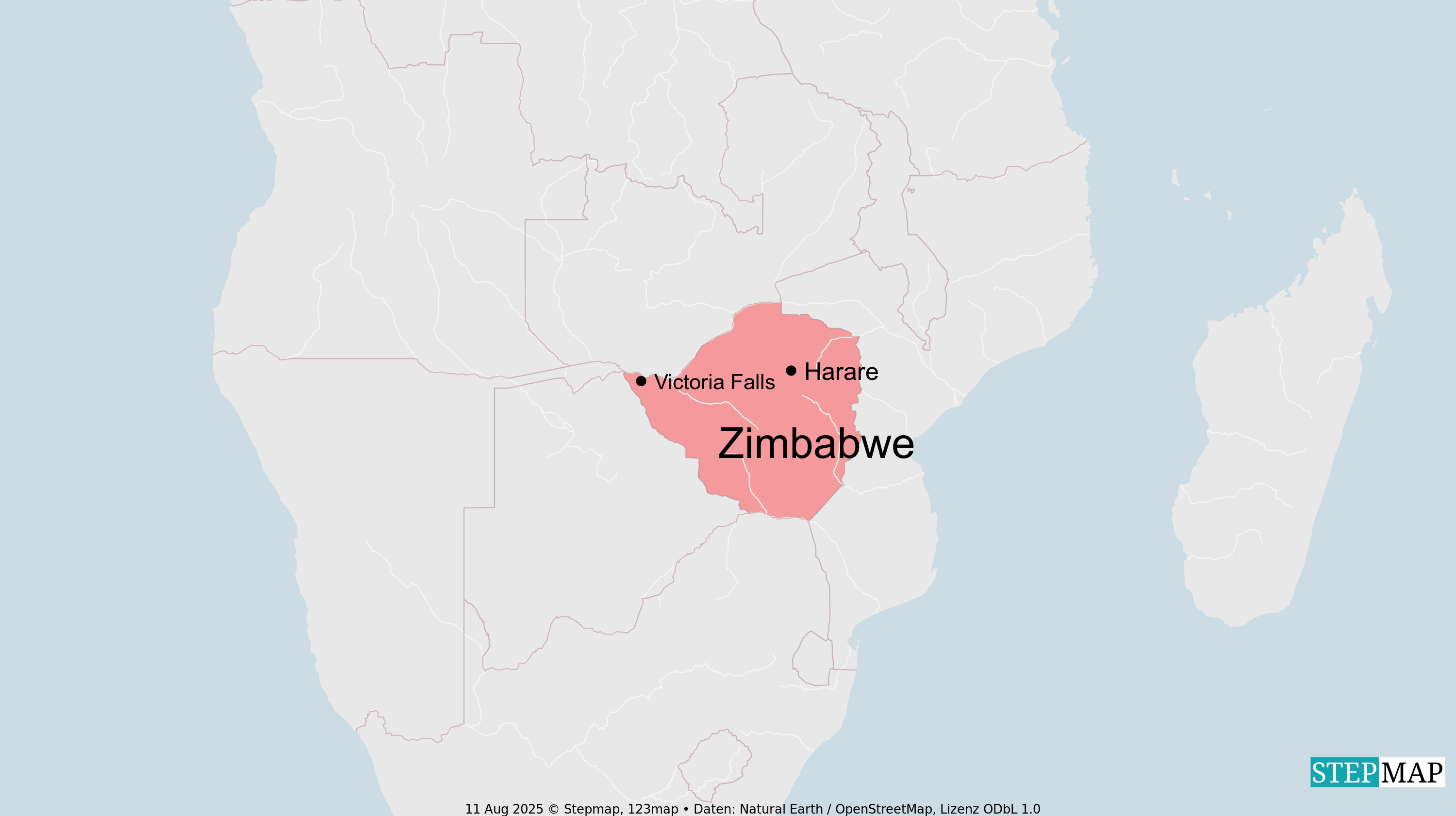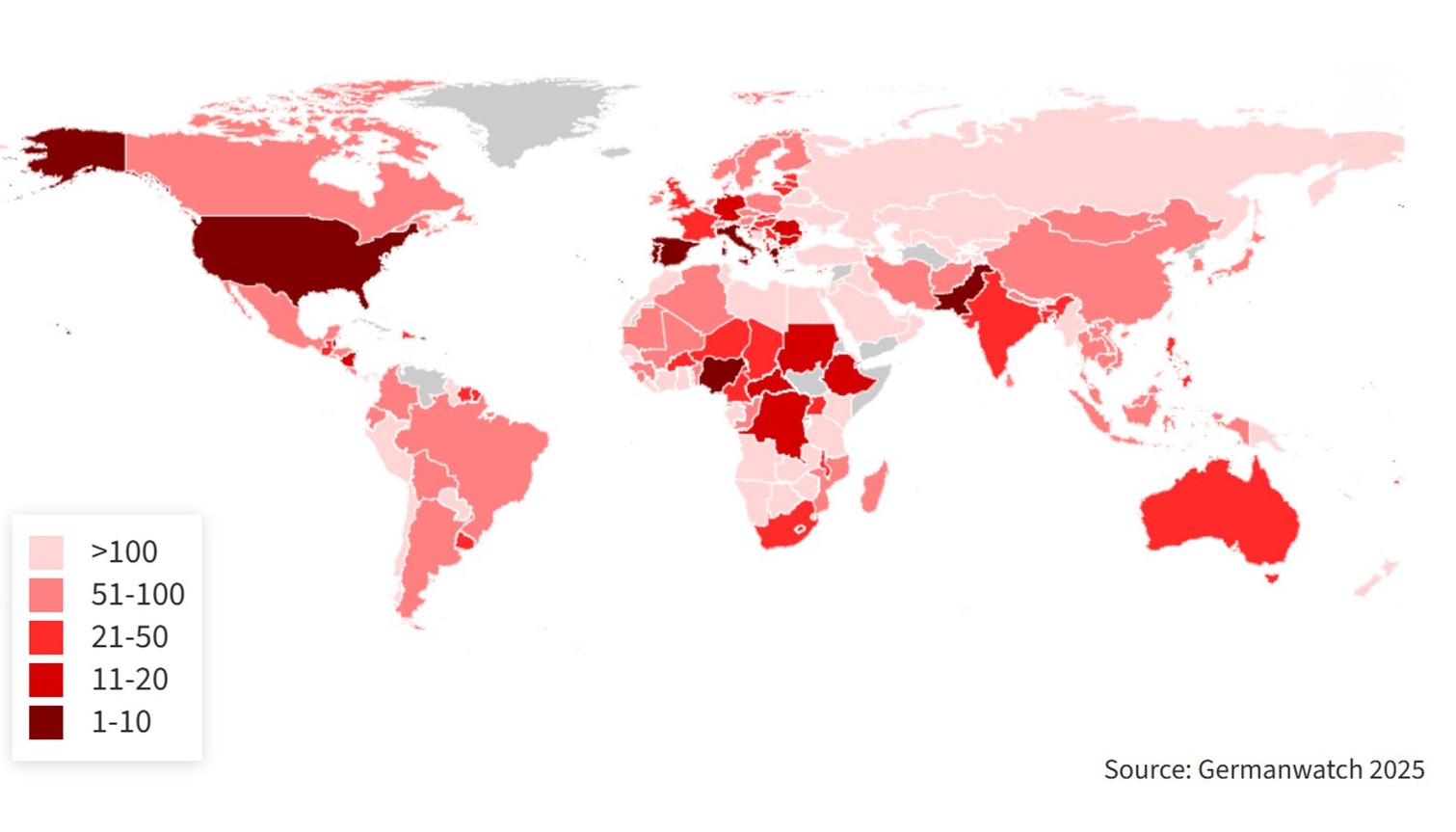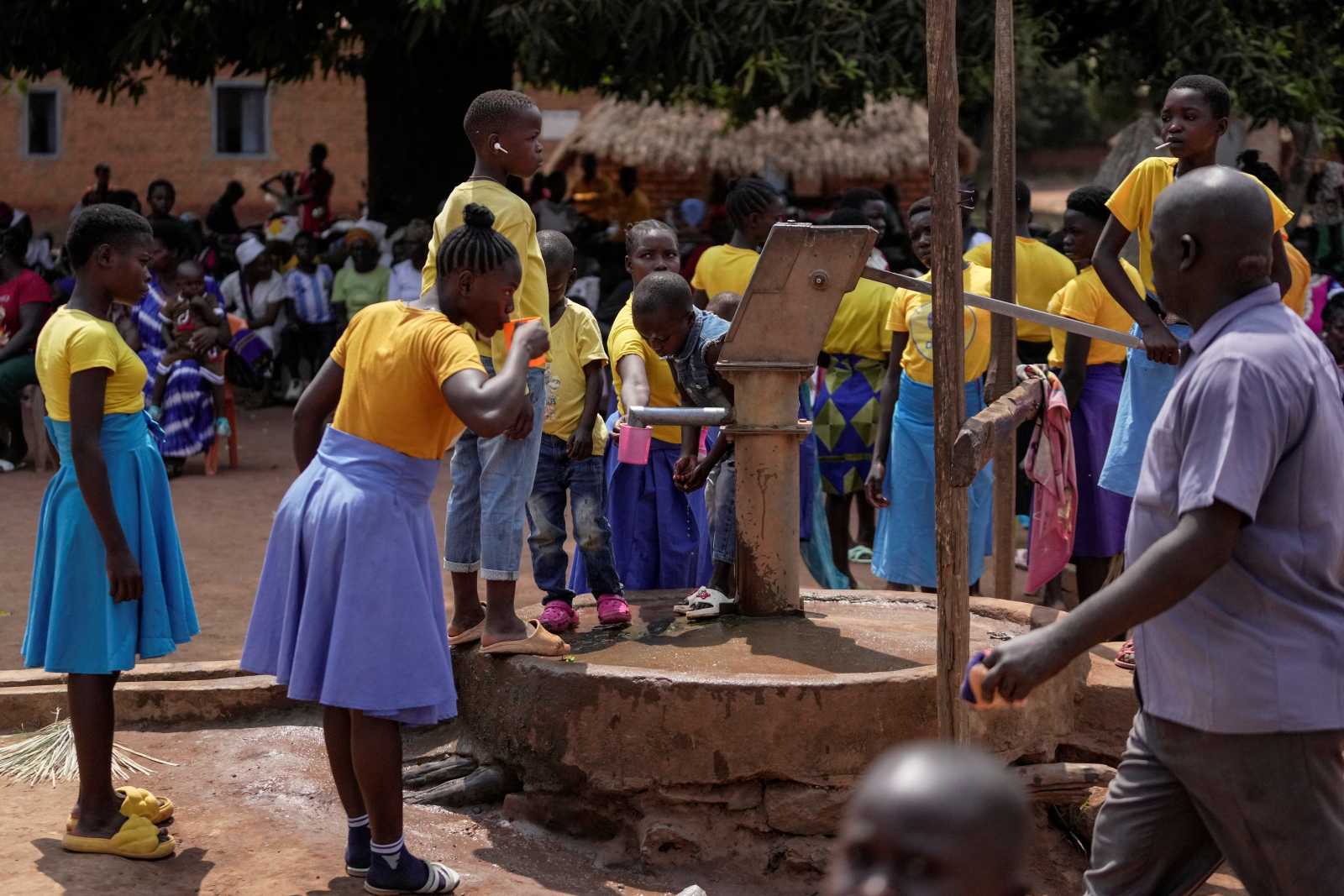Devastating floods
One of Brazil’s more prosperous states devastated by flooding
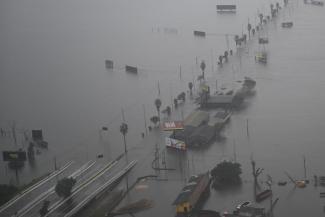
According to the state’s civil-defence authority, 175 persons were confirmed dead and 38 remained missing on 9 June. Cities like Eldorado do Sul had been partially submerged. Some residents had to be rescued by helicopters. Many families lost all their possessions apart from the clothes they were wearing when they fled their homes.
The scenario of destruction included flooded streets, submerged cars and destroyed homes. Entire families were swept away by the currents, and dead bodies were found among the debris. The lack of potable water and sanitation made the humanitarian situation worse, raising the risk of disease outbreaks.
Local authorities declared a state of public emergency. The state governor requested assistance from Brazil’s federal government, which indeed mobilised troops and resources. Nonetheless, the disaster proved overwhelming in some places. Cities like Nova Santa Rita and Tapes were isolated, accessible only by air.
Things could have been better
This tragedy’s scale was unnecessary. Authorities had not ensured proper preparation for foreseeable flooding. In June 2022, Marcelo Dutra da Silva, a professor of ecology at the Federal University of Rio Grande (FURG) had alerted the public to the growing likelihood of severe flooding in previously unaffected areas. It was what climate research showed.
Unfortunately, his warning that large human settlements must adapt to the new climate reality was not heeded. Among other things, Dutra had insisted that urban planners should not allow the development of public infrastructure and residential areas in places that are at risk. Such places now suffered serious harm.
The government’s immediate response to the natural disaster was inadequate too. Authorities have been criticised for negligence and their lack of preparedness. Humanitarian aid only arrived with delay. Slow emergency measures left thousands of people helpless, increasing their suffering. Local communities proved resilient to some extent, relying on self-help and mutual support. Fast professional emergency relief, however, would have done more to limit the suffering.
Reconstruction will be expensive, moreover. According to initial estimates, the equivalent of $ 3.5 billion will be needed to repair houses, roads and other kinds of damaged infrastructure. The reconstruction of bridges alone is expected to cost about $ 670 million. Both the state and the federal budgets are tight because of debt burdens, so it will be difficult to mobilise the funding.
Disinformation matters too. Carol Macario, a journalist, points out that fake news has distorted public perceptions, so many people do not understand how severe the climate crisis is. She adds that disinformation not only downplays climate science. It also fosters distrust in the state. Though governance in Brazil may leave a lot to be desired, it is not as bad as right-wing populists claim. The irony is that climate-denying people who insist on fossil fuels and deforestation for the sake of large-scale agriculture are trying to benefit from state agencies not dealing with climate impacts as well as they should.
Policymakers must rise to urgent climate challenges
Brazil is a major emerging market and not one of the world’s poorest countries. Rio Grande do Sul is one of Brazil’s more prosperous states. Its capital city Porto Alegre is said to be one of the best managed. Our policymakers must do a better job and set an example by rising to urgent challenges.
The floods in Rio Grande do Sul show that the climate crisis is real. Even high-income countries’ societies must prepare for its impacts and adopt policies to mitigate the problems. Failure to adapt properly to global heating will, of course, have particularly painful consequences in poorer world regions.
Pietra Madeira is one of the disaster victims. Her family’s house was flooded. She speaks for many disaster-affected people when she says: “The state should have been better prepared; we were warned years ago.” That must not be the case when heavy rains occur the next time.
Thuany Rodrigues is a freelance journalist based in São Paulo.
thuanyrodriigues@gmail.com

